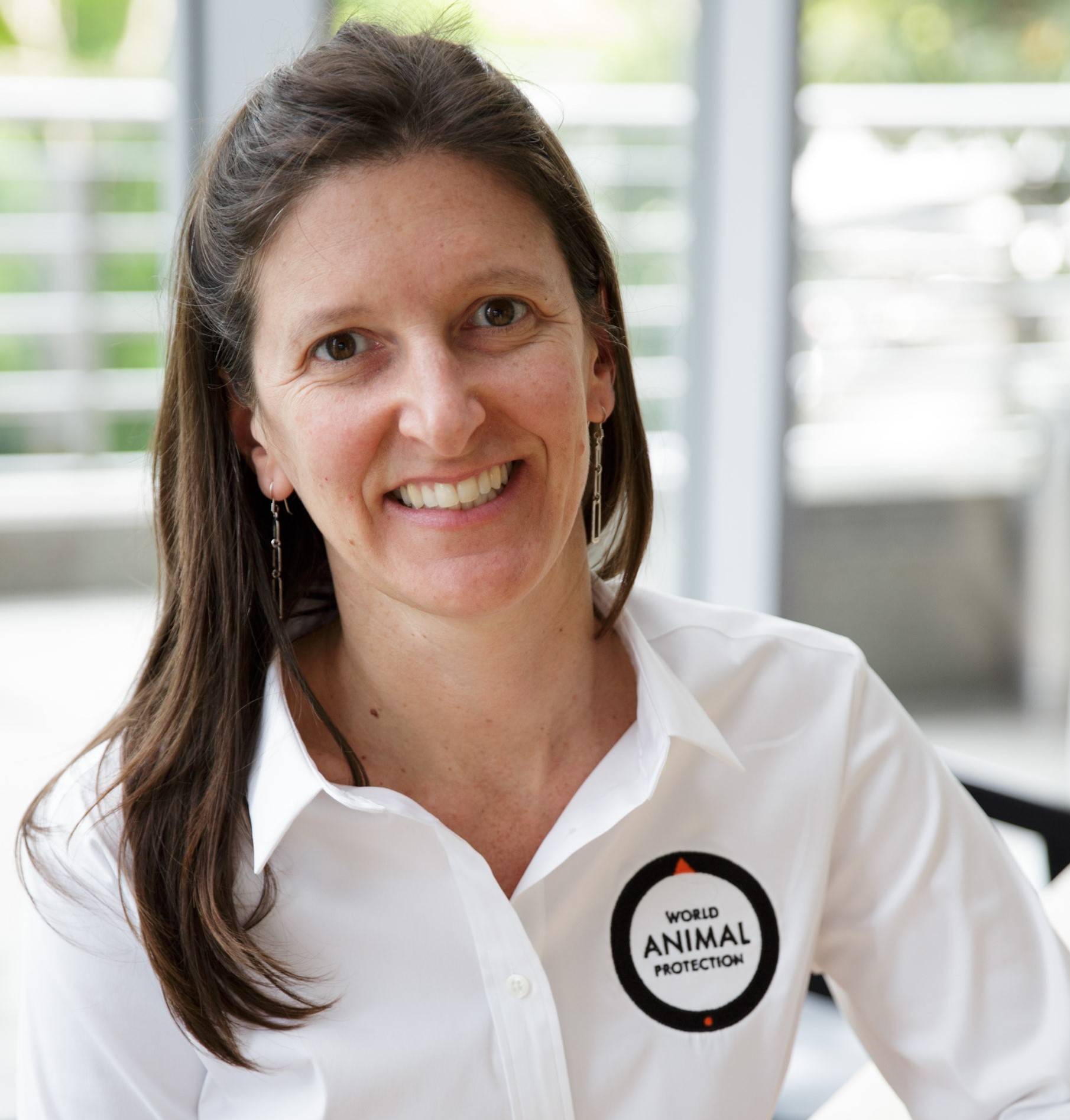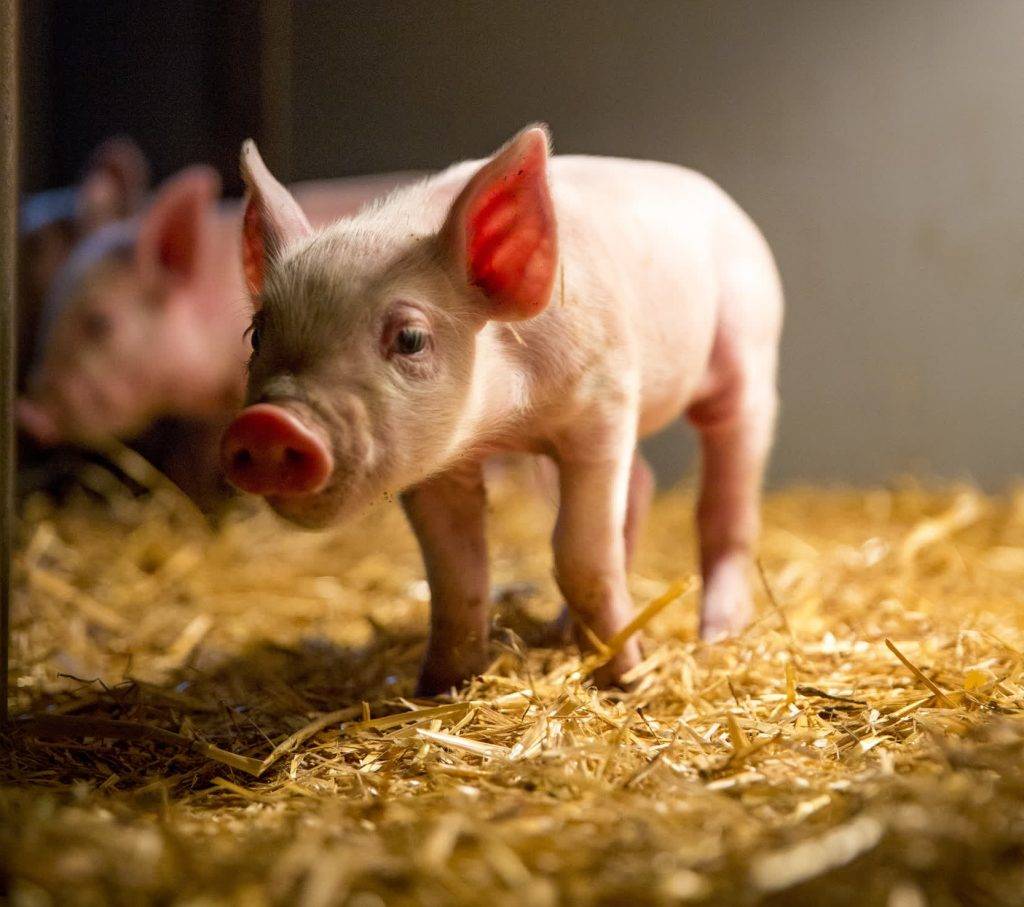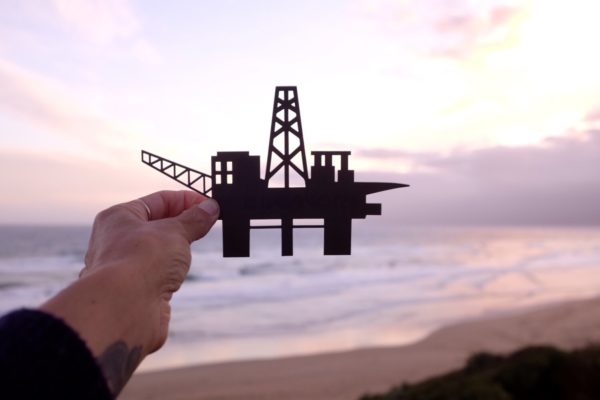We’re profiling Melbourne-based Kate Blaszak, a Global Farm Animals Advisor for World Animal Protection.
With her background as a veterinarian and working in animal welfare for over 15 years, Kate’s technical support makes her vital to their work to improve the lives of billions of farm animals around the world.
Kate joined the organisation 10 years ago for the opportunity to work in places where animal welfare was the lowest of priorities, and yet of greatest need.
The Problem
As global demand for food grows, farmers around the world are pushed to cut costs and produce as much meat, eggs and dairy as possible at the cost of animal welfare and the environment.
Each year, around 70 billion animals farmed for food are pushed beyond their biological limits.
Two thirds of farm animals are kept in cruel conditions, often unable to turn around, move and express natural behaviours or even see daylight.

"Each year, around 70 billion animals farmed for food are pushed beyond their biological limits"
The Solution
By working to influence farmers, major food companies and governments, the lives of billions of farm animals that suffer every day can be improved.
Using an evidence based approach World Animal Protection works to educate and mobilise people to pressure companies and governments for change, lobby policy and decision makers and work with farmers to find solutions for better farm animal welfare.

A typical day
At the moment Kate is researching and contributing to World Animal Protection’s upcoming work for pigs around the world – something she is very happy to see emerge.
She is also focussed on the meat chicken campaign to make sure our work to improve the lives of chickens is as effective and innovative as possible and based on the latest science and trends.
Part of her role involves working with Thailand producers, retailers and consumers to help convince Thai people to buy more humanely produced pork.
In addition to her role as technical advisor, Kate represents World Animal Protection on the International Committee for Animal Welfare (ICFAW).
The ICFAW represents global animal welfare organisations, lobbying and providing input into the OIE (World Organisation for Animal Health) helping place animal welfare on the global agenda.
What can you do?
- If you choose to eat meat or dairy products buy high welfare.
- Ask your favourite supermarket or fast food chain if they have an animal welfare policy or ask them to develop one.
Be a voice for farm animals when the government reviews the standards and guidelines for poultry and pigs, advocating for cage free and enriched environments


